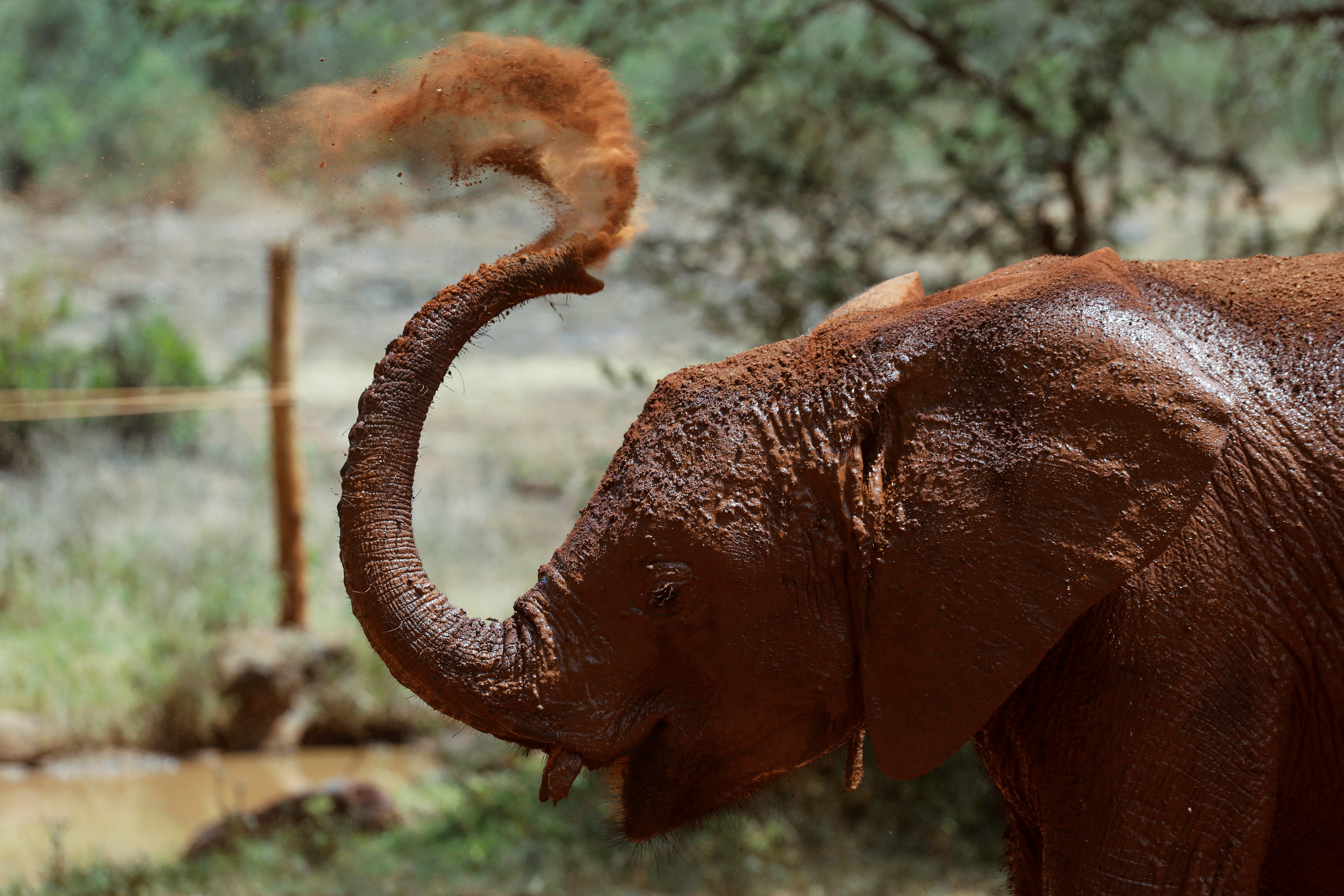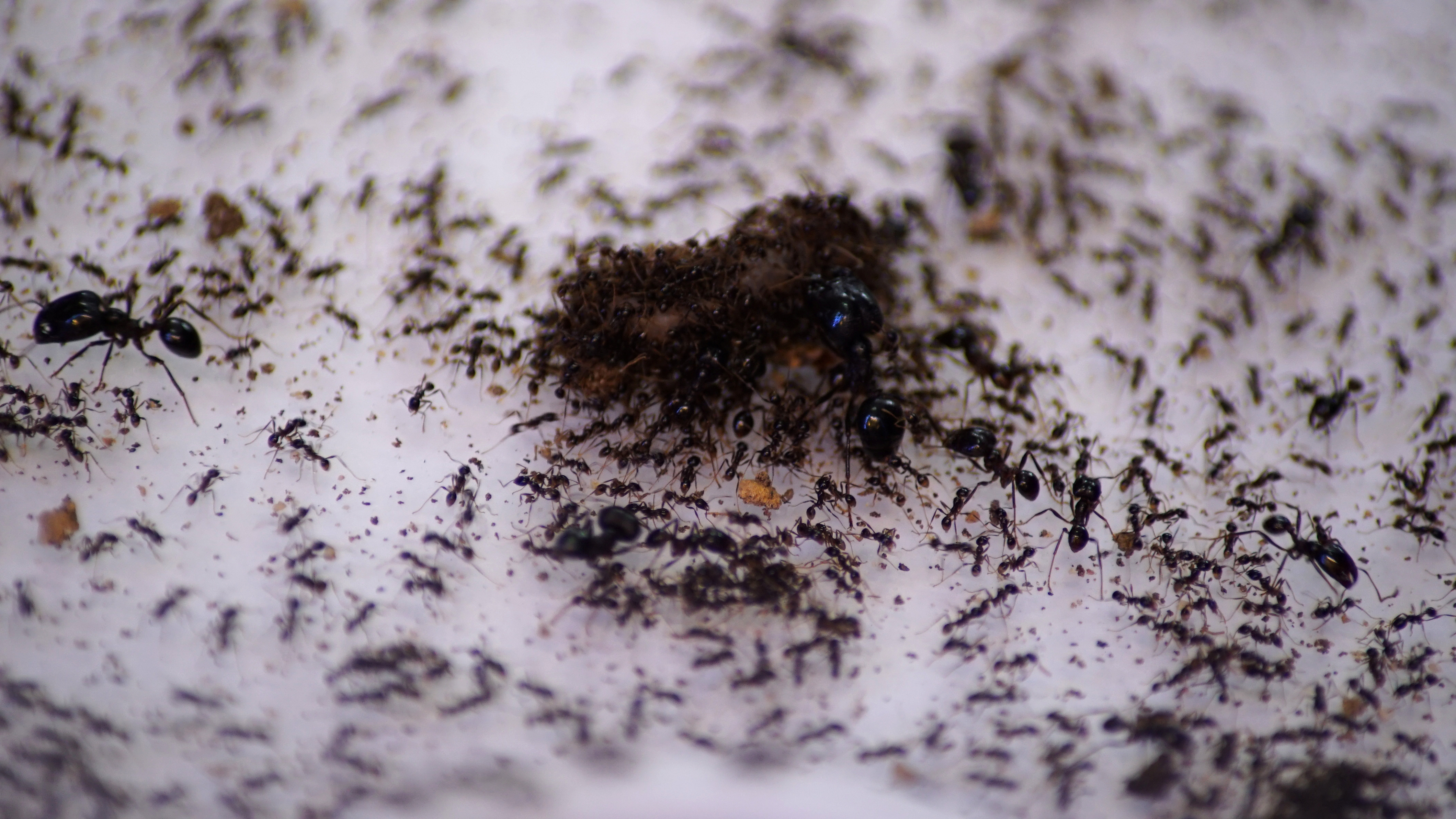
Humans have a great technological development that allows us to make many advances, but even if we can build models based on theories or data collection, we are unable to predict an earthquake, while many animals have the ability to escape to safe areas before it is would produce such a disaster.
Greek civilization described how mice, snakes, weasels, centipedes and beetles were leaving cities days before a devastating earthquake. Recently, some tsunamis that killed more than 200,000 people claimed the lives of very few animals. Based on this reality, the researchers proposed several lines of work that try to discover the origins of these mysterious abilities in animals.
Progress in research suggests that many animals are able to detect minimal vibrations, subtle atmospheric changes and even magnetic currents that humans cannot perceive. In this sense, rodents and dogs can hear much higher frequencies than humans.

Elephants perceive lower frequencies than we do and a large number of insects are very sensitive to vibrations through their legs. The whole of this special sensitivity of many animals, through different perceptions, would be a reasonable explanation for the anticipated capture of the advent of a disaster. All this could help them detect small changes in the environment and motivate them to flee.
Many animals react to the arrival of a natural adverse phenomenon with very unique manifestations exaggerating behaviors and behaviors. Meows, scratches on doors, squawks, crazed races are just some of the manifestations that together with the hasty flight allow us to foresee disasters when observing them.
A clear example is that of Chile, a seismic country by nature in which many studies have been carried out in Valdivia. There it was possible to detect that the horses began to neighing a few seconds before each seismic movement, when their whole body trembled.
Many birds announced each tremor with a particular sound about ten seconds before people noticed it. And dogs announced with pitiful howls the lightest shakes while other animal species, such as sheep and chickens, were indifferent to seismic movements.

Going back to generality, a special case is that of ants since this faculty of foresight saves their lives. They are able to leave their anthills, predicting a natural phenomenon up to an hour before it occurs. In the mines, the rats that leave their lairs, squealing insistently and running unwillingly, are the ones who, with this premonitory attitude, save the lives of the miners. This behavior was an alarm signal for them, who were leaving the galleries in a hurry.
This is undoubtedly due to the conjunction of the most perceptive senses of many animals that, in their joint action, allow us to obtain a detailed and anticipated overview of the environment far superior to ours, in addition to the fact of compulsively following their instinct of conservation.
*Prof. Dr. Juan Enrique Romero @drromerook is a veterinary physician. Specialist in University Education. Master's Degree in Psychoimmunoneuroendocrinology. Former Director of the Small Animal School Hospital (UNLPAM). University Professor at several Argentine universities. International lecturer.
KEEP READING:
Últimas Noticias
Debanhi Escobar: they secured the motel where she was found lifeless in a cistern
Members of the Specialized Prosecutor's Office in Nuevo León secured the Nueva Castilla Motel as part of the investigations into the case

The oldest person in the world died at the age of 119
Kane Tanaka lived in Japan. She was born six months earlier than George Orwell, the same year that the Wright brothers first flew, and Marie Curie became the first woman to win a Nobel Prize

Macabre find in CDMX: they left a body bagged and tied in a taxi
The body was left in the back seats of the car. It was covered with black bags and tied with industrial tape
The eagles of America will face Manchester City in a duel of legends. Here are the details
The top Mexican football champion will play a match with Pep Guardiola's squad in the Lone Star Cup

Why is it good to bring dogs out to know the world when they are puppies
A so-called protection against the spread of diseases threatens the integral development of dogs




